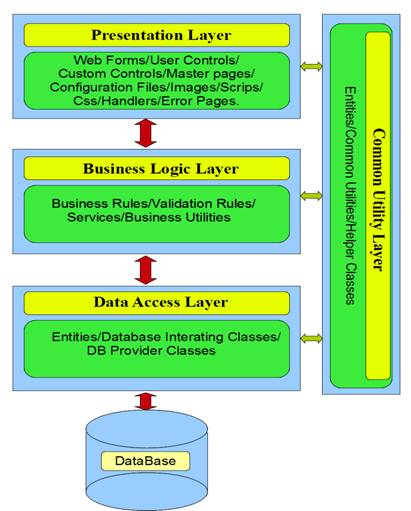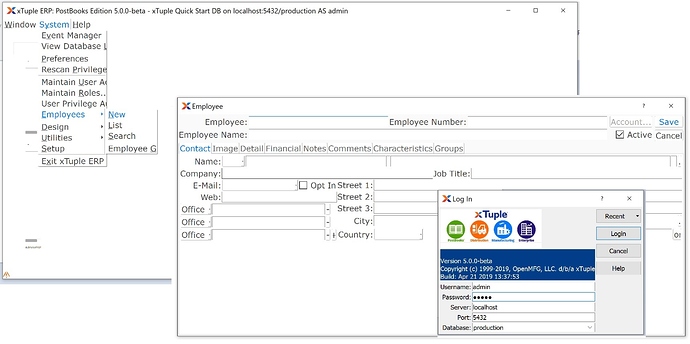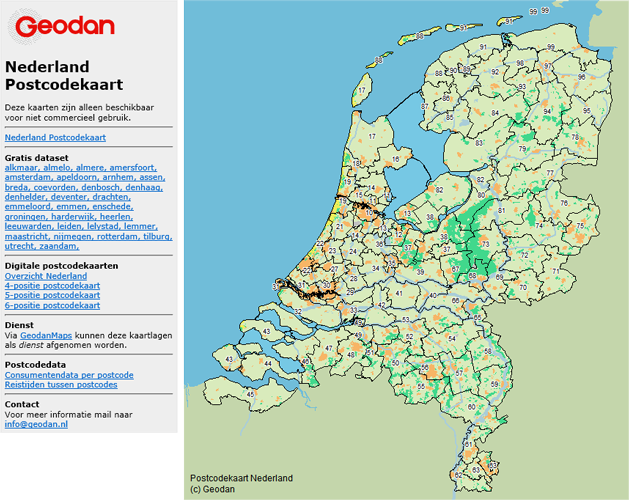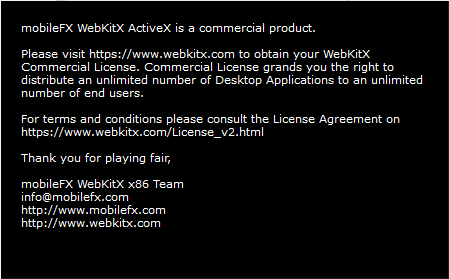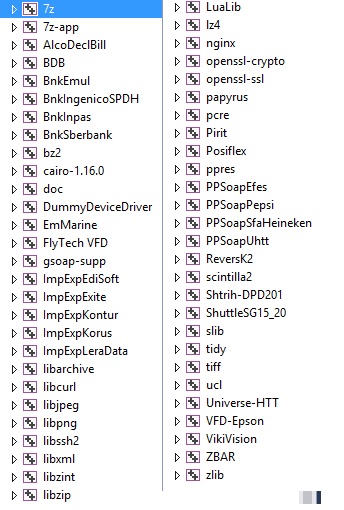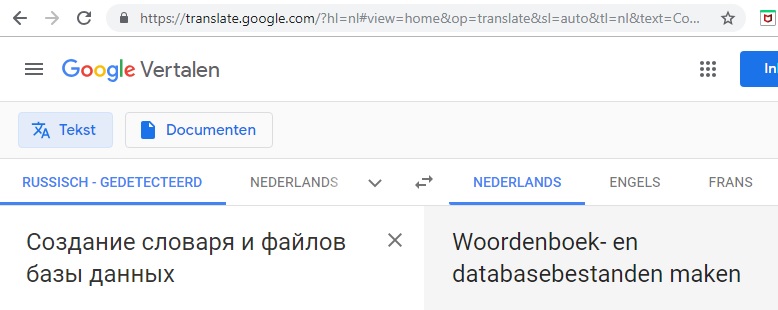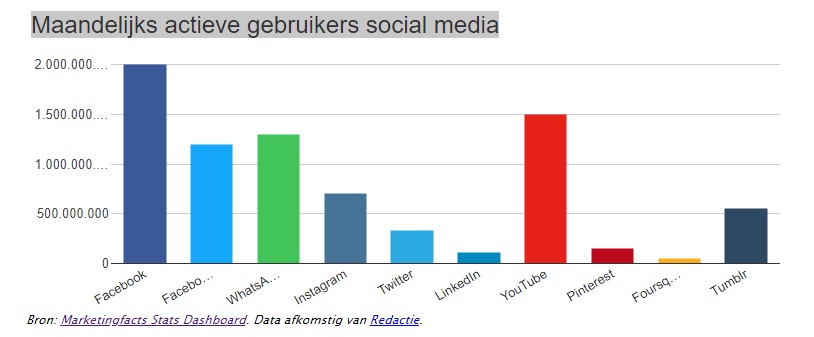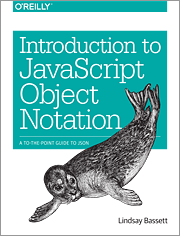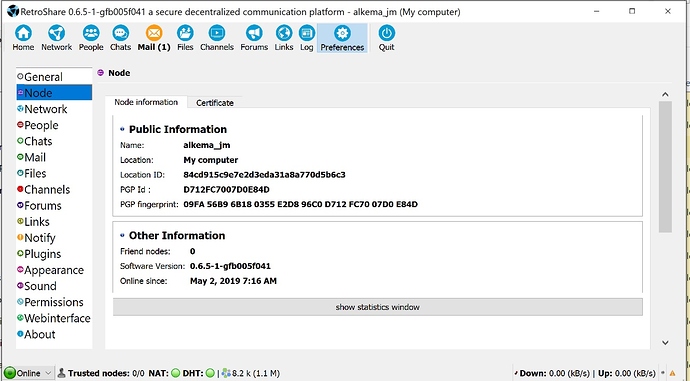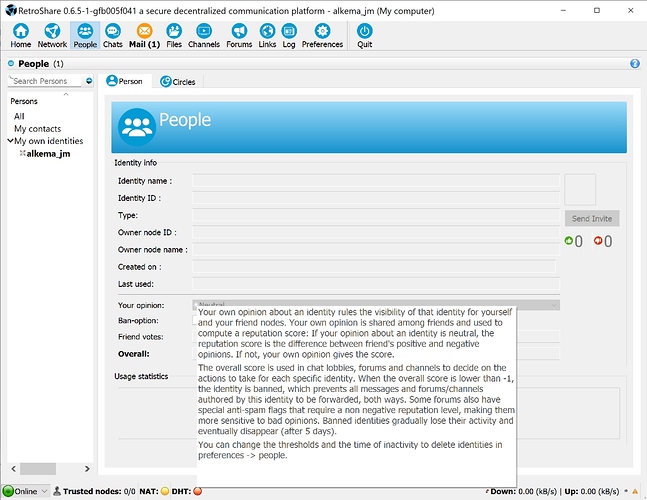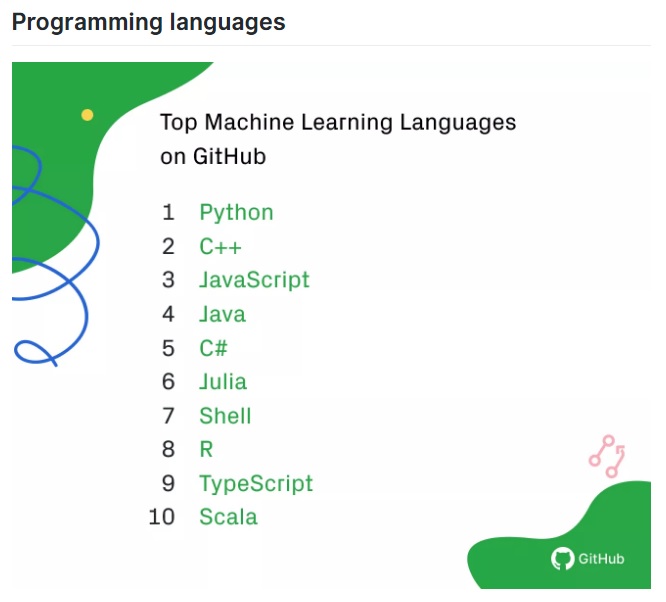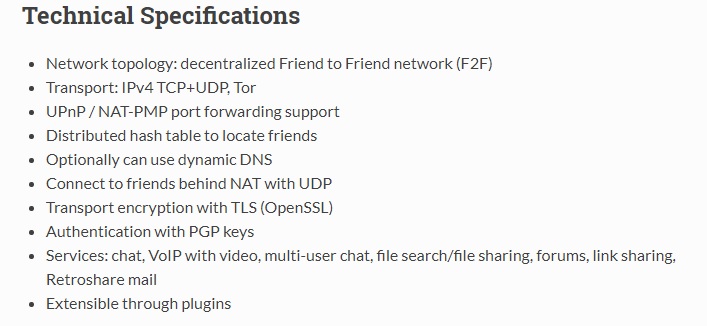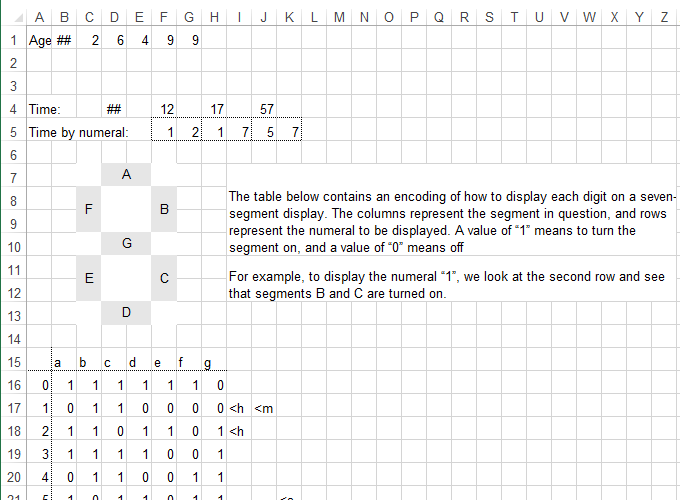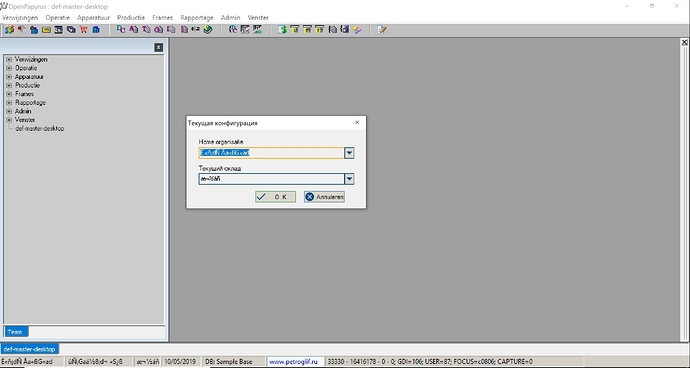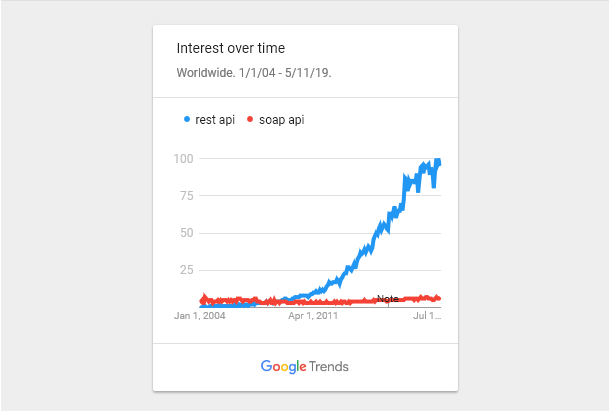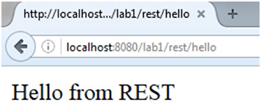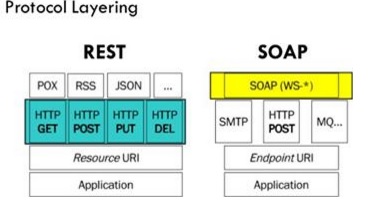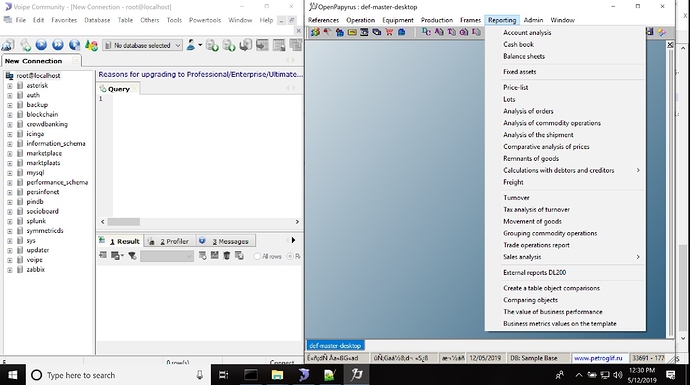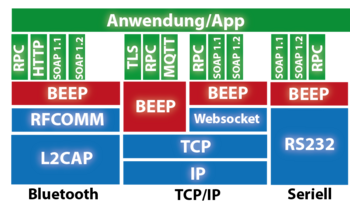Hoi Weerman,
JM, applaus voor jezelf. Hier, als ontspanning een wat luchtiger VN-artikel over het handwerk:
Haha, hacken is m.i. een professie.  Je ‘kan’ dit niet aan anderen vragen, maar je moet zelf opzoek gaan naar de kennis, die o.a. op internet te vinden is. In verleden leerde je iets door op een officiële cursus te gaan. Tegenwoordig kijk je naar Youtube filmpjes hoe iets werkt.
Je ‘kan’ dit niet aan anderen vragen, maar je moet zelf opzoek gaan naar de kennis, die o.a. op internet te vinden is. In verleden leerde je iets door op een officiële cursus te gaan. Tegenwoordig kijk je naar Youtube filmpjes hoe iets werkt.
Deze software misschien? QT-compatible, Commercial Use, Price £ 999, Buy now with PayPal:
WebKitX ActiveX for CEF3
In mijn beeld maak je een cliënt voor een end-node van uit de QT-source code. Daarom niet veel gebruikers, dus heb je m.i. geen commercial license nodig van QT. Open source versus geld verdienen blijft altijd wel issue bij de projecten. OpenPapyrus maakt denk ik via ingebouwde dlgdsn.exe de menu’s aan. Mogelijk heeft deze oplossing minder schijf ‘footprint’ heeft dan QT. Menu’s zien er wel wat minder uit. Lijkt beetje op de ‘GTK schermpjes’ van Linux vroeger.
OpenPapyrus, het lijkt gewoon spul voor kassasystemen:
Het systeem (OpenPapyrus) is gericht op kleine en middelgrote ondernemingen die actief zijn op het gebied van groot- en detailhandel, industrie, openbare catering, enz. Het is bedoeld voor het bijhouden van boekhoudkundige en grondstofaccounting bij de onderneming, evenals het beheren van gepersonaliseerde boekhouding. Het systeem is gemakkelijk te gebruiken, het heeft voldoende mogelijkheden voor het invoeren, opslaan en verwerken van informatie, het voorbereiden van allerlei soorten rapporten. Het systeem kan worden gebruikt door bedrijfsleiders, economen, accountants, grondstoffenwetenschappers, kassiers, enz.
Mogelijk dat ze geld met kassystemen verdienen. Ik zie ook bovenliggende aspecten. Goederen, inventaris, rapporten maken.
Ze hebben veel libraries die ik ken:
Ik zie ook Redis, Soap, Btrieve, DL200

Ik kan makkelijk Russisch vertalen in Nederlands met Google translate:
Gaat om de logica. De logica kan ik ook de kale Xtupel QT client versie ‘poorten’.
Rtlnieuws geeft aan dat Google 90% marktaandeel heeft en Youtube 5%.
Facebook (Messenger en WhatsApp) heeft m.i. de berichtjes-markt in handen.
Ik ben meer voorstander van programma die meerdere channels aankan, zoals Messenger, WhatsApp, etc.
Daarnaast werkt Facebook aan een ‘lichtere’ variant van Messenger. Deze app zou binnen twee seconden opgestart moeten zijn en op een smartphone 30 MB aan opslagruimte in beslag nemen.
Ben beetje opzoek geweest naar onderliggende technieken die Messenger gebruikt. Ik zag dat ze deel van MQTT geïmplementeerd zouden hebben.
Eclipse Mosquitto
Eclipse Mosquitto is an open source (EPL/EDL licensed) message broker that implements the MQTT protocol versions 5.0, 3.1.1 and 3.1. Mosquitto is lightweight and is suitable for use on all devices from low power single board computers to full servers.
The MQTT protocol provides a lightweight method of carrying out messaging using a publish/subscribe model. This makes it suitable for Internet of Things messaging such as with low power sensors or mobile devices such as phones, embedded computers or microcontrollers.
The Mosquitto project also provides a C library for implementing MQTT clients, and the very popular mosquitto_pub and mosquitto_sub command line MQTT clients.
Een andere oplossing:
Eclipse Paho MQTT C++ Client Library
EclipsePaho MQTT C++ client library on memory-managed operating systems such as Linux/Posix and Windows.
This code builds a library which enables C++11 applications to connect to an MQTT broker to publish messages, and to subscribe to topics and receive published messages.
Both synchronous and asynchronous modes of operation are supported.
RetroShare zie ik beetje als een opensource variant van Facebook in QT gebouwd:
Connect with Friends and Family
Retroshare establish encrypted connections between you and your friends to create a network of computers, and provides various distributed services on top of it: forums, channels, chat, mail… Retroshare is fully decentralized, and designed to provide maximum security and anonymity to its users beyond direct friends. Retroshare is entirely free and open-source software. It is available on Android, Linux, MacOS and Windows. There are no hidden costs, no ads and no terms of service.
What’s next?
Now that we have a API to talk to libretroshare, it is time to get into serious business. There’s a bunch of very interesting possibilities of what to do with it, including a social network that would run in a browser while talking to the RetroShare background application.
We introduce an optional distant synchronization of GXS groups ( e.g. a single Channel is a GXS group) that allows to sync subscribed groups using authenticated encrypted tunnels. With this technique, people can search, subscribe and synchronize groups that are not subscribed by immediate friend nodes.
The new search at the bottom of the channel list sends a query across the network and only reports channels that are not already advertised by friends nodes. When a new channel is reported, right click on it and hit “request data” to retrieve the full channel group (which means encryption keys, mainly).
When a hidden node is created or started, RetroShare will look for Tor (which it should find if properly installed on your system) and automatically configure it to run a hidden service which will be used by your friends to connect to you.
RetroShare is a platform that allows users to create a fully decentralized network with a high level of security, privacy and confidentiality. It offers a unique combination of features (File transfer, publishing channels, forums, distributed chat, asynchronous email,…) that provide users lots of ways to interact. Its generic nature allows to create new services based on an existing cryptographic and networking backend.
Overview of the Retroshare platform
- Services offered by the application (FT, channels, forums, identities, etc)
- Architecture (libretroshare + Qt UI, main components)
- Motivation for a JSON API (use of RetroShare as a background library for decentralized communication, Android client, web interface, getting rid of old UI…)
The JSON API
- Automated serialization
- Automated JSON API code stub generation
- Interaction, syntax
- Authentication
Ik begrijp uit de presentatie dat Json Api toch grote voordelen zou hebben. Heb zelf nog niet zo veel ervaring met Json. Het is wel handig om zo te configureren dat we in lijn met de toekomstige ontwikkelingen (bv Json) blijven.
De hartelijke groet Jan Marco
![]() Komt m.i. doordat je geen actieve keuzes hebt gemaakt. Mogelijk dat een AI-Assistent daar in toekomst medewerkers wel in zou kunnen faciliteren.
Komt m.i. doordat je geen actieve keuzes hebt gemaakt. Mogelijk dat een AI-Assistent daar in toekomst medewerkers wel in zou kunnen faciliteren.